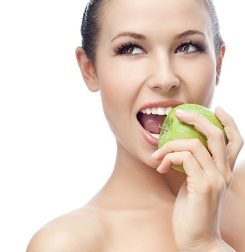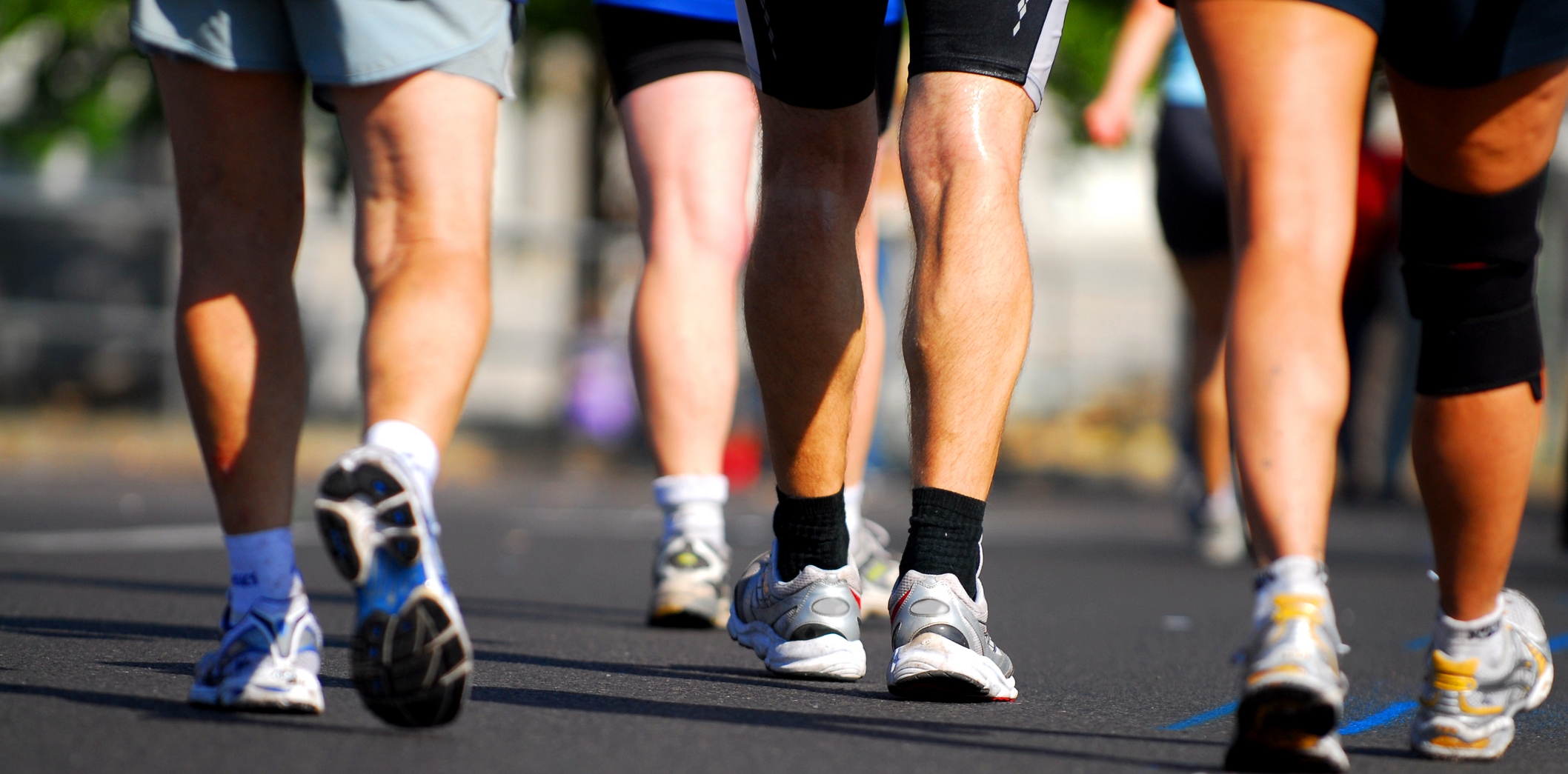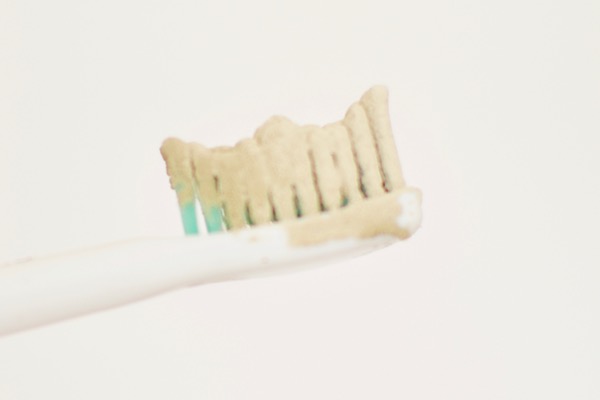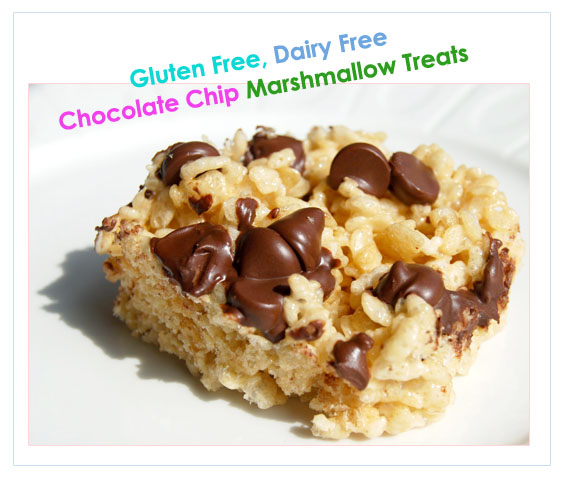Yes, there’s a lipedema treatment diet. This is what you need to eat to help your swollen limb issues.
Lipedema is a chronic disorder that affects the fatty tissue in the legs and arms. It’s usually characterized by an excessive build-up of fat cells in beneath the skin, often in unusual and symmetrical patterns. However, unlike regular body fat, it’s almost impossible to eliminate via exercise and diet. It’s not usually a sign of being overweight—it’s simply a chronic disorder that affects the fatty tissue in the body.
Most people with lipedema will suffer from weight problems. While diet and exercise won’t eliminate the body fat, it can stop your body from adding to its existing stores. Eating right and following a lipedema treatment diet can help you to maintain a healthy weight and avoid excessive fat gain. Here are some of the foods to include in your lipedema treatment diet:
- Liquid foods — Anything that’s made with liquid is excellent for your health, as fluid will promote the elimination of excess fat cells before your body can absorb and distribute them. Soups are particularly good for you, especially any soup made with lots of veggies. Stews and protein shakes can also encourage better weight and fat management.
- Fruits – Fruits are packed with water, so they’re excellent for your overall health. However, remember that they’re also rich in sugar, which is turned into fat more quickly than actual dietary fat. Limit yourself to one or two portions of organic fruit per day.
- Veggies – In this case, the more the merrier! Veggies are loaded with fiber that will reduce fat, cholesterol, and sugar in your body, helping to prevent excessive fat cell production. Veggies also contain very little sugar, and they’re rich in fluids and minerals. Definitely eat as many veggies as you can get your hands on!
- Proteins – Lean proteins like eggs, lean beef, fish, and chicken all deserve a place on your lipedema treatment diet. These proteins deliver amino acids that build muscle, which in turn helps to burn more calories and fat. All plant-based proteins are also vital for good health.
- Complex carbs – Complex carbs are anything that have a lot of fiber and nutrients to round out the carbohydrate content. For example, whole wheat, brown rice, quinoa, nuts, seeds, and barley are good complex carbs. Eat them in moderation, but enjoy them as part of your healthy diet.
READ MORE: How Do Fat Cells Die?
Of course, there are a few foods you should avoid as well:
- Alcohol – Alcohol can increase the storage of fat cells, and it will slow down your body’s digestion. You should cut back on alcohol, particularly red wine, in order to treat Lipedema.
- Salt – High-sodium foods can mess with your electrolyte balance and encourage the storage of fat rather than its elimination. Minimize the amount of salt in your diet, and you’ll see a far lower risk of weight and fat gain.
- Excessive Animal Fats –– While saturated fat isn’t going to harm your heart, it will contribute to an increased production of triglycerides (the fat your body uses for storage). Limiting the amount of animal fat you eat will help to avoid weight and fat gain.
- Simple sugars – If there is a form of sugar or carbs that doesn’t have fiber and nutrients, you have to avoid it while on the Lipedema treatment diet. These simple sugars are turned into fat cells too quickly for your body to burn, so you end up storing more than is healthy.
Follow this advice and eat the right foods to treat and manage your Lipedema.









